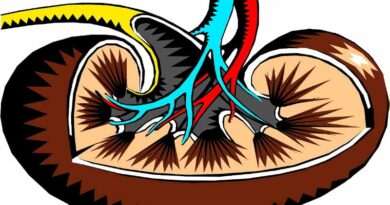Does coffee cut risk of disease?
I love coffee. I have a huge milky cappuccino, with a shot of caffeine, for breakfast and then I have one or two more large decaffeinated cappuccinos during the day. Andy is an espresso man and can easily have half a dozen throughout his day – always with caffeine. He’s one of those European types who think that an espresso without caffeine is like chocolate without cocoa powder!
Imagine our joy, therefore, to wake up to Thursday’s headlines “Even seven cups of coffee a day cuts risk of early death, study suggests” (Ref 1) and “Study: Drinking four cups of coffee daily lowers risk of death” (Ref 2). A quick glance at the original article (Ref 3) revealed that the headlines were wrong. Claiming that something cuts or lowers the risk of something is a claim of causation. The original study merely looked at association for actual health outcomes. This is the most common error made by health journalists world-wide and it’s about time they learned how to report a study accurately.
The study
The study was a fabulous piece of research. It was a collaboration between academics at two UK universities: Southampton and Edinburgh. In the pyramid of evidence, systematic reviews and meta-analyses are at the top of the many different forms of available evidence (Ref 4 – this also has explanations of terms used).
The rest of this article is available to site subscribers, who get access to all articles plus a weekly newsletter.
To continue reading, please login below or sign up for a subscription. Thank you.




